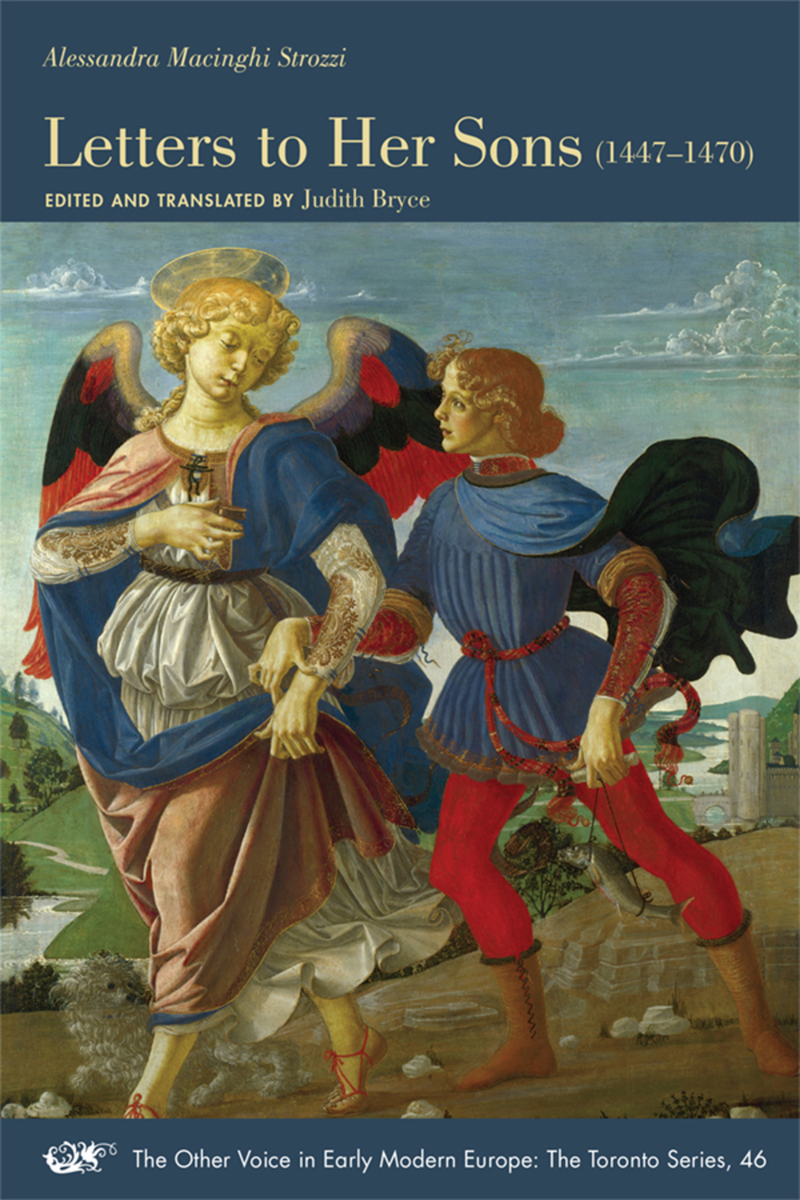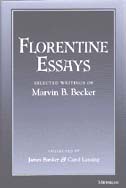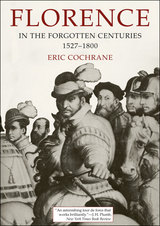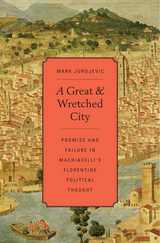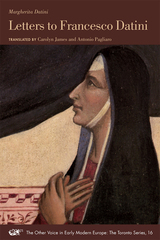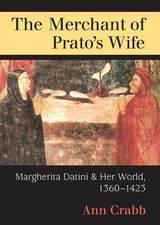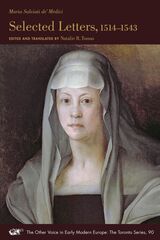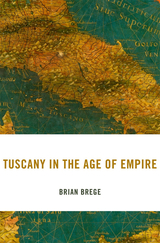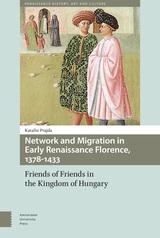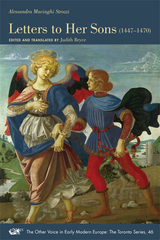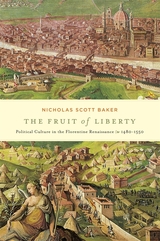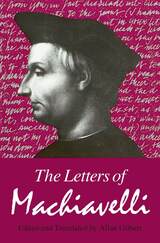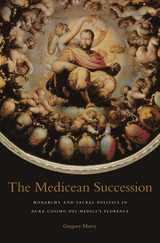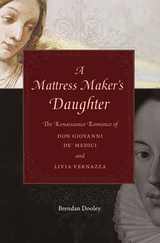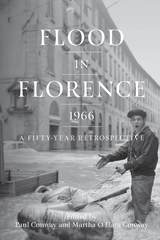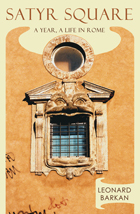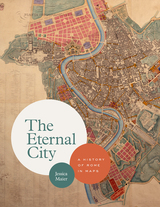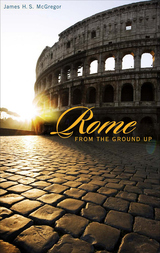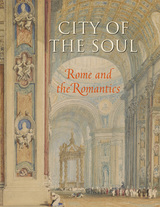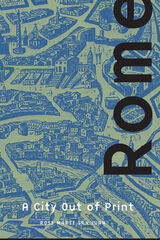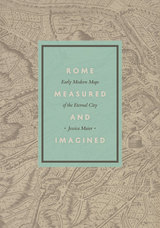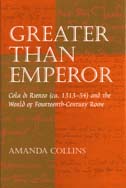Paper: 978-0-86698-548-2 | eISBN: 978-0-86698-720-2
Library of Congress Classification DG737.58.S7A5 2016
Dewey Decimal Classification 945.51105092
The seventy-three surviving letters written by Florentine widow, Alessandra Macinghi Strozzi (c.1406–1471), to her distant sons first appeared in print well over a century ago, but are here translated into English in their entirety for the first time. Whether for the professional historian or for the general reader interested in Renaissance Florence, they constitute a most precious testimony regarding both private and public life in the mid-fifteenth century, with themes ranging from familial relations, motherhood, marriage, and aspects of material culture to the harsh realities of political exile meted out by the Medici to their perceived opponents, these latter including her husband and, subsequently, her sons.
See other books on: 1421-1737 | Florence | Florence (Italy) | Italian | Nobility
See other titles from Iter Press
